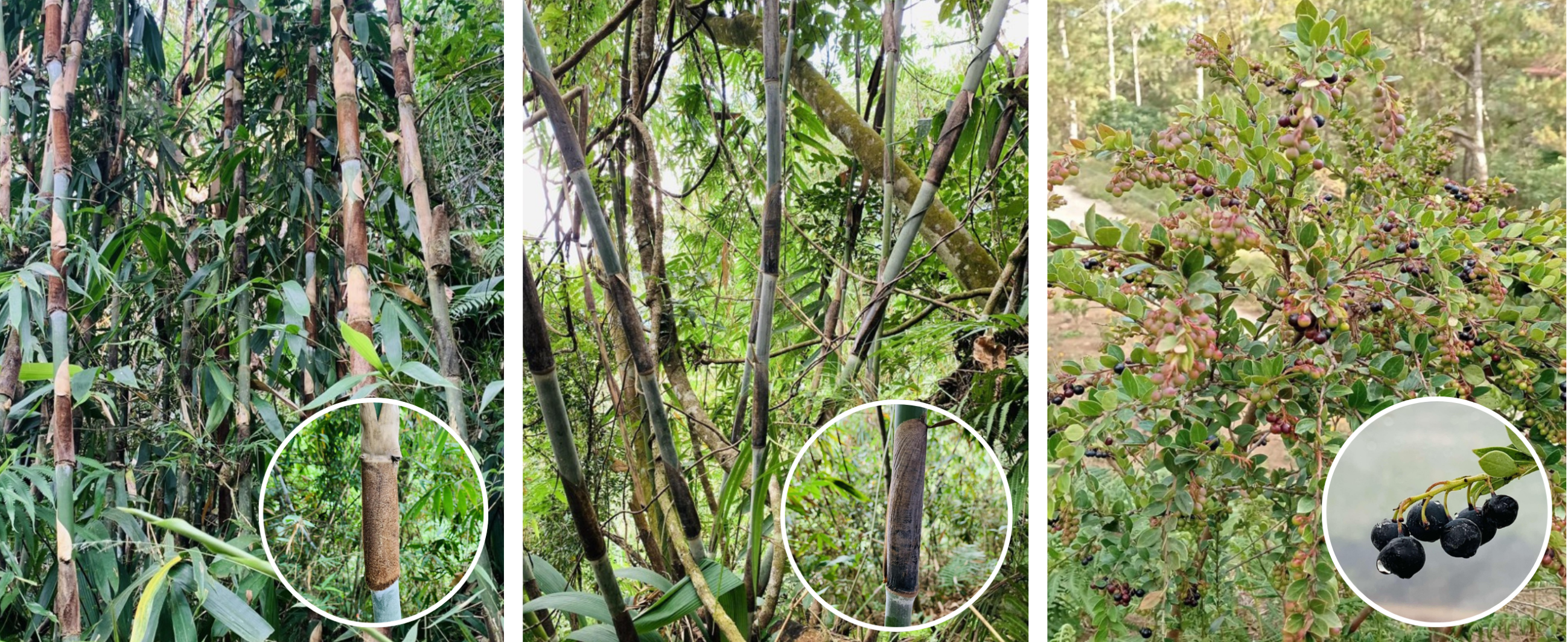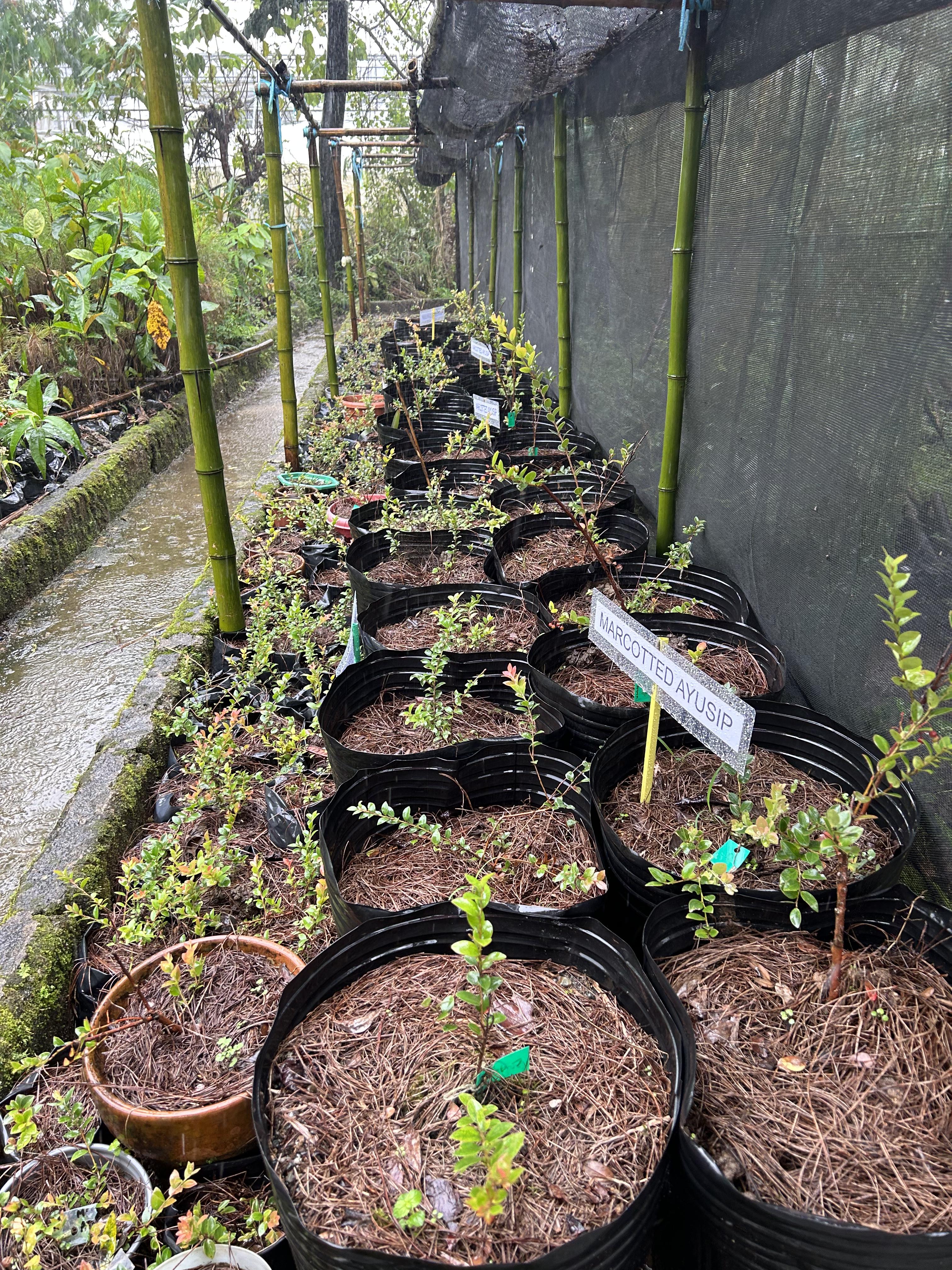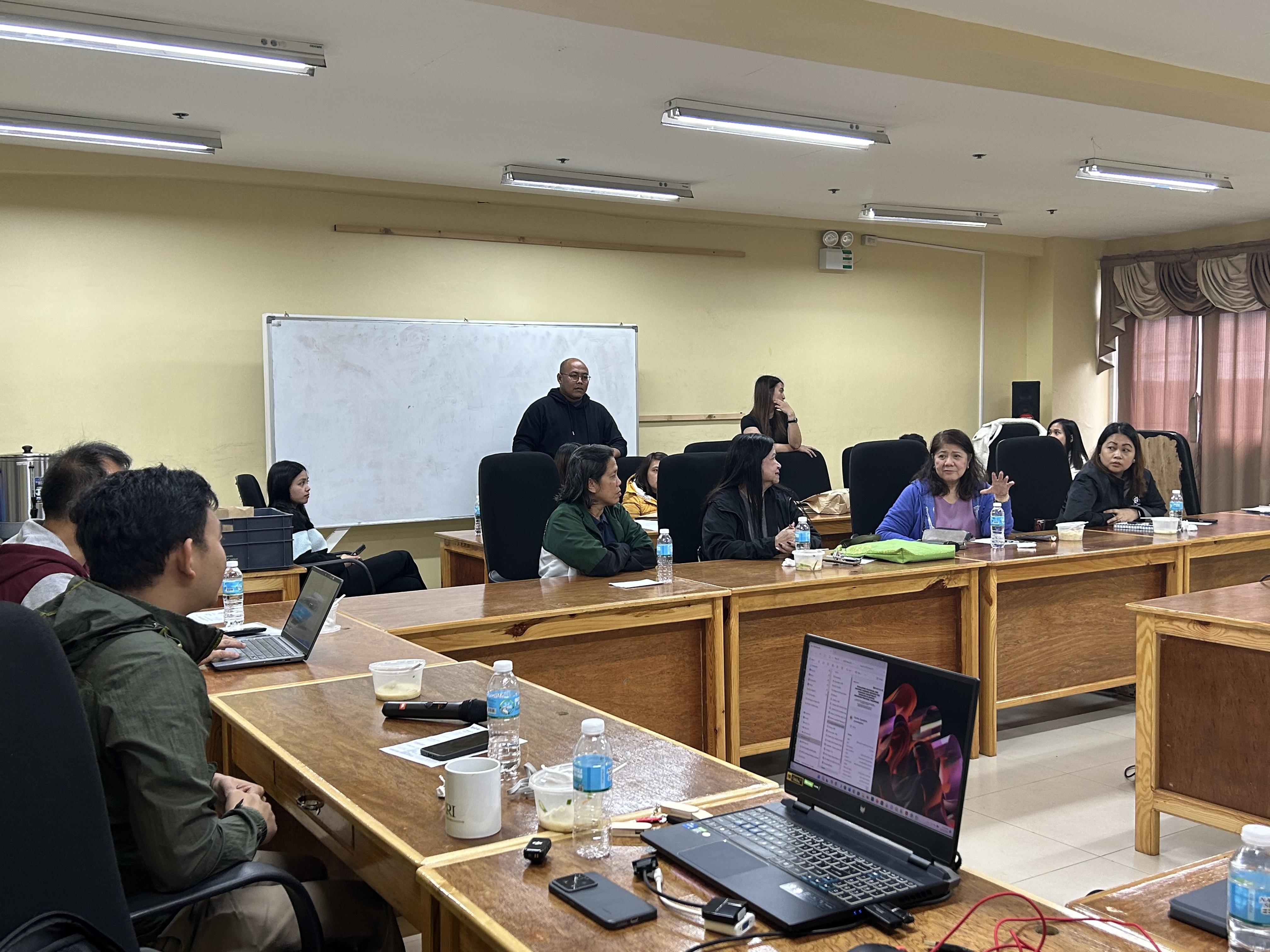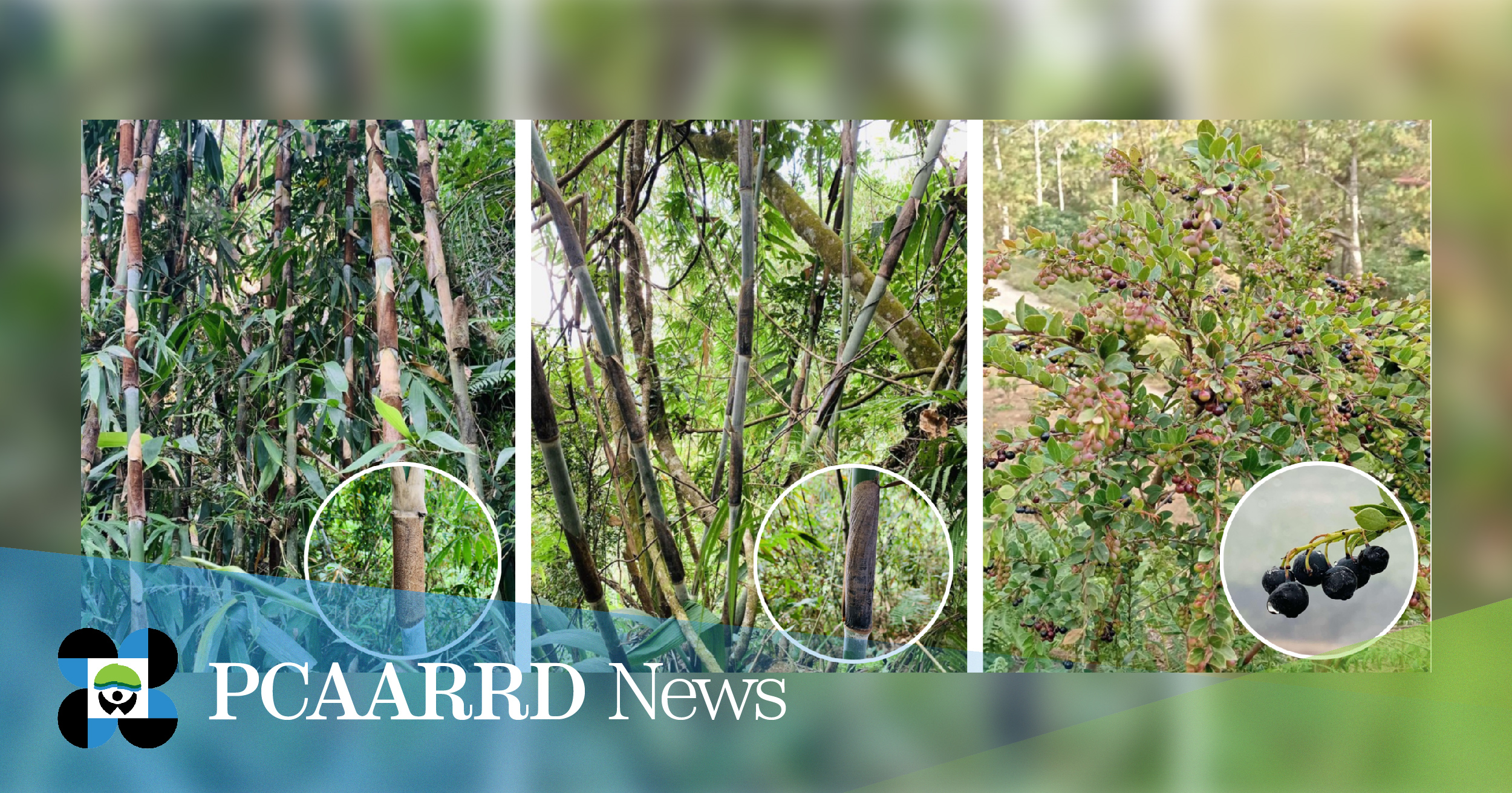Sustainable and S&T-based production and utilization of three of Benguet’s indigenous and economically important plants are being pushed to boost the local handicrafts and food and beverage industries of the province.

With funding and support from the Philippine Council for Agriculture, Aquatic and Natural Resources Research and Development of the Department of Science and Technology (DOST-PCAARRD), Dr. Marissa N. Parao of Benguet State University (BSU) and her team are developing economically viable production technologies under the three-year project, “Development of Technology and Innovation Model Farm of Indigenous and Economically Valuable Species to Support Traditional Industries for Forest Restoration and Biodiversity Conservation in Benguet.”
Anes (Fimbribambusa horsfieldii) and Banos (Cyrtochloa toppingii) are indigenous Benguet bamboo species used as raw materials for the traditional basket, ‘Kayabang.’ It is commonly woven by women in the local communities and used to carry harvested produce for consumption. Meanwhile, Ayusip (Vaccinium myrtoides) is a wild Philippine blueberry shrub noted to have anti-cancer properties and benefits against diabetes and eye problems. It is also well-known as a local beverage. Through improved cultivation and propagation methods, a sustainable supply of high-quality planting materials for these local merchandise is highly anticipated.

Propagation samples housed in the BSU College of Forestry nursery (Image credit: DOST-PCAARRD, FERD)
The project emphasizes the key role of indigenous knowledge in cultivating and using these indigenous plants to promote health and local economic growth. Additionally, the market potential of bamboo crafts and local beverages is being explored, offering opportunities for forest restoration on unproductive farmlands.
The team has already completed suitability maps in Benguet for the three species and has an ongoing development of protocols for propagation in the municipalities of Atok and Tublay, where they also grow naturally. Simultaneously, the College of Forestry Nursery in the BSU Compound houses the study’s propagation research.
Moreover, the project team is set to complete the construction of a technology and innovation farm model equipped with crop management innovations for Anes, Banos, and Ayusip as a strategy for forest restoration in Benguet.

Table review of the project conducted as part of the monitoring & evaluation activity by DOST-PCAARRD FERD (Image credit: DOST-PCAARRD, FERD)
Accomplishments and targets of the project were discussed during a monitoring and evaluation activity conducted by DOST-PCAARRD’s Forestry and Environment Research Division (FERD) headed by former Director Nimfa K. Torreta with Dr. Dalisay E. Cabral, Dr. Christine D. Santiago, and Ms. Aster H. Opeña.
Through preserving indigenous knowledge, promoting native plant conservation through a sustainable value chain, and boosting the local industry's income generation, the project hopes to contribute to solidifying inclusive growth that involves women and Indigenous Peoples (IPs) and creating more opportunities for native farms that support entrepreneurship and tourism.

